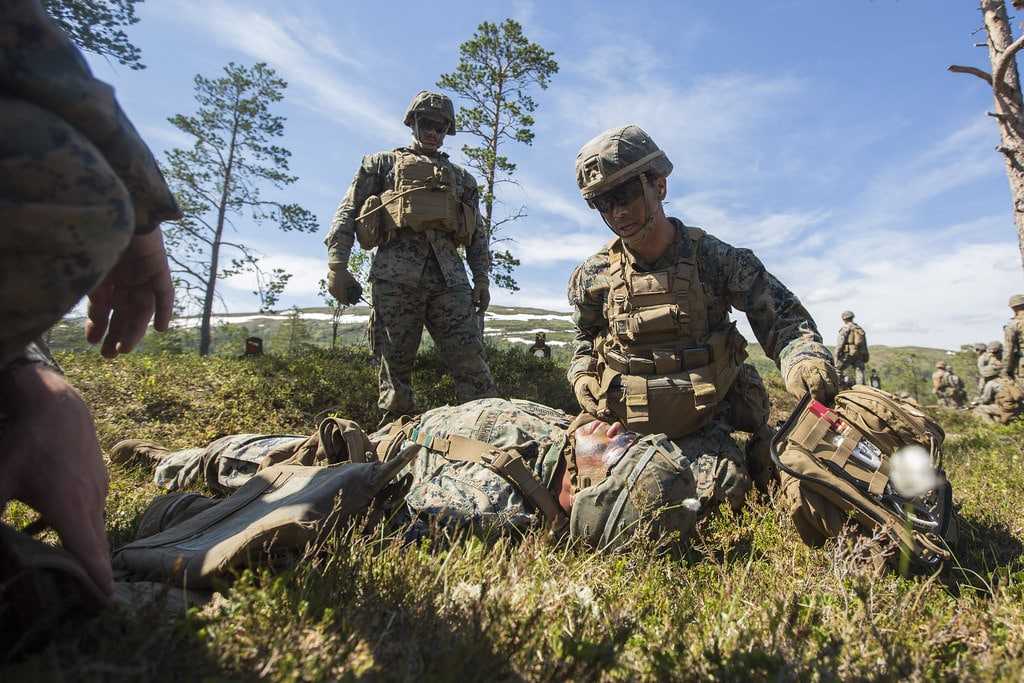
Regardless of where they worked and what they did, any Veteran is entitled to disability compensation for injuries or disabilities that arose due to service. Medics and Corpsman serve a very unique role in the military because they fill in everywhere. Some medics or corpsman may never be close to combat, while others may see combat while working with an infantry unit. These Veterans could serve in a variety of different positions doing completely different tasks on a day-to-day basis, exposing themselves to a litany of factors that could cause a disability.
To get a claim granted by the Department of Veterans Affairs, a Veteran needs to get their injury or disability service connected.
If a Veteran fails to prove those any of the above, there claim will likely be denied.
Corpsman and medics are likely dealing with injuries related to service, but they have trouble getting their claim approved by the VA.
Many Veterans who served as Corpsman or the 60 series MOS in the Army may have difficulty proving their disability because they changed positions while in the military. It is common for a Corpsman who has been in for 20 years to change roles. For example, the VA may deny your claim for musculoskeletal issues related to service because you served in an office for the last 5 years before you got out. However, they fail to recognize the first 10 years in service when you were stationed in Iraq or Afghanistan.
No documentation of an injury could also dissuade the VA from granting your claim. One of the biggest problems for Medics and Corpsman is that they typically treat themselves and fail to document it in their medical record. This becomes an issue when you go to file a VA claim because the VA does not have any evidence of an injury in your Service Treatment Records. Without evidence of an injury, the VA will deny the claim.
Medics and Corpsman can still get their claim approved, but they need to use different types of evidence to prove their disability is related to service.
One of the best ways for any Veteran to get a claim approved without evidence in their service treatment records is through buddy statements. Buddy statements are written statements from a friend, spouse, fellow Veteran, or any other person who has knowledge of your injury/disability. In these statements, the “buddy” explains how they know about the disability and they give details related to when it started and the severity of symptoms.
The VA can also look at the facets of the job you performed based off of the unit you served with. For example, if you served with an infantry unit, there is a high likelihood you developed a disability or injury common for other infantrymen in your unit.
If you served as a Medic or Corpsman and you need assistance appealing your VA disability claim, Berry Law can help. Berry Law is dedicated to helping fellow Veterans in their fight for disability compensation, and they have helped thousands of Veterans successfully appeal unfavorable VA decisions. Why? Because they are a team full of Veterans. Founded in 1965 by Vietnam Veteran John Stevens Berry, Sr., the firm now features attorneys from the Army, Navy, Air Force, and Marine Corps. Call Berry Law today to schedule a free case evaluation.
Our monthly newsletter features about important and up-to-date veterans' law news, keeping you informed about the changes that matter.